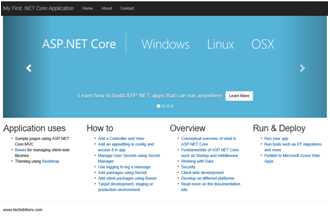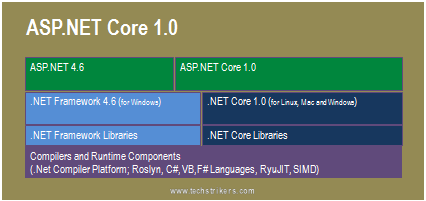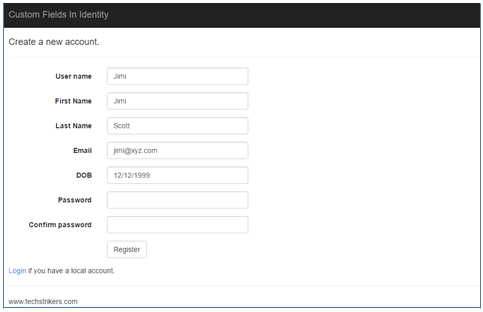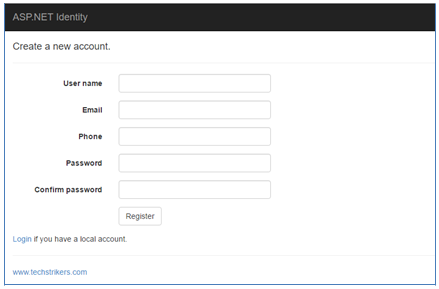History of C Programming Language
Introduction
The C programming language is a powerful and influential language that has played a significant role in shaping modern computing. In this tutorial, we will explore the history of the C language, from its origins to its widespread adoption. This guide aims to provide a fragile-free introduction to the key milestones and developments that have made C the popular language it is today.
Origins and Development
C was developed by Dennis Ritchie at Bell Labs in the early 1970s. It evolved from an earlier programming language called B and was designed for system programming. Ritchie aimed to create a language that was both efficient and expressive, providing low-level access to computer hardware while retaining a high-level programming paradigm.
Standardization
In 1978, the first standardized version of C, known as "K&R C" (after the authors Kernighan and Ritchie), was published. This version established the foundation of the language and served as a reference for subsequent implementations.
ANSI C
In the 1980s, the American National Standards Institute (ANSI) developed a new standard for the C language, known as ANSI C or C89. This standard introduced several enhancements, including standardized function prototypes, library functions, and additional data types.
C99 and C11
In 1999, the C99 standard was released, bringing several new features such as variable-length arrays, improved support for inline functions, and new data types. In 2011, the C11 standard was published, which introduced additional features, including multi-threading support and extended Unicode character handling.
C's Influence
C's simplicity, efficiency, and portability have made it a popular language for various applications. It has influenced the development of numerous programming languages, including C++, Objective-C, and Java. Many operating systems, including Unix and its derivatives, are implemented in C.
Ongoing Development
C continues to evolve, with new standards being developed to enhance the language further. These standards address issues such as concurrency, security, and better integration with modern programming practices. Keeping up with the latest developments in the C language can help programmers leverage new features and improvements.
The C programming language has a rich history and has remained a vital tool in the software development industry. Understanding its origins, standards, and influence can provide a solid foundation for learning and working with C. By following tutorials and exploring practical examples, you can develop your skills and unlock the full potential of this versatile language. Remember to stay curious and keep up with the latest advancements to stay at the forefront of C programming.









